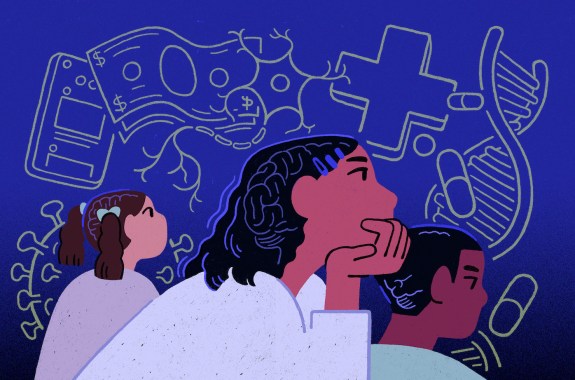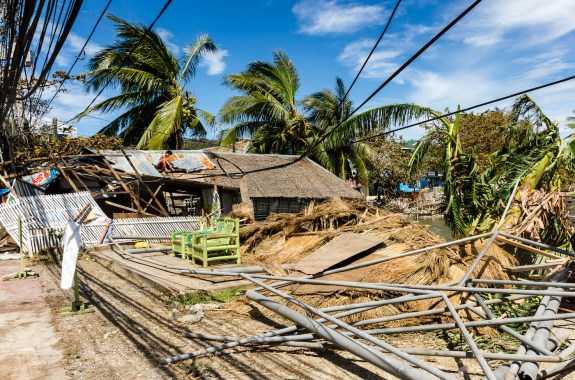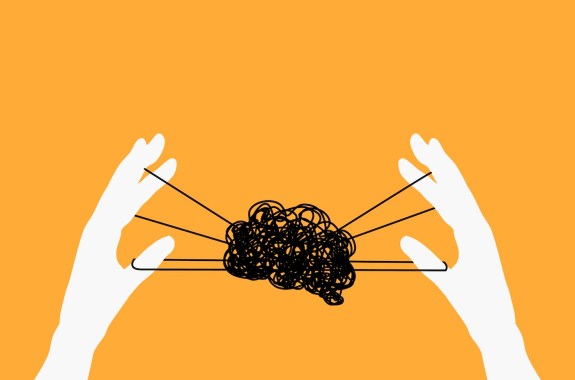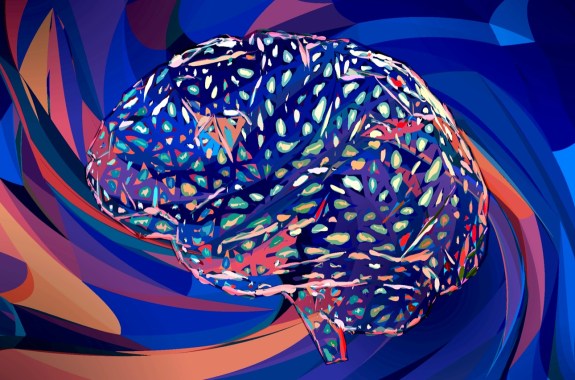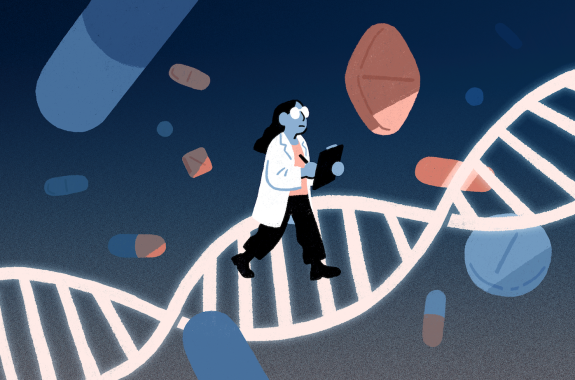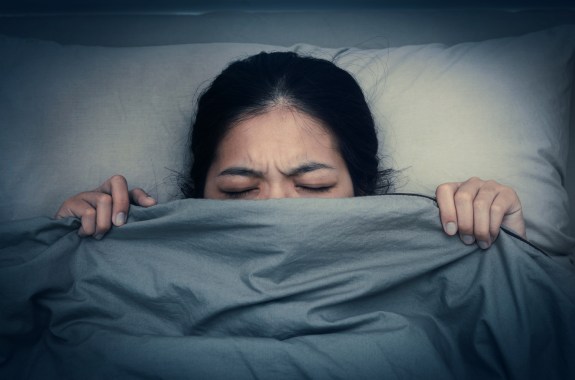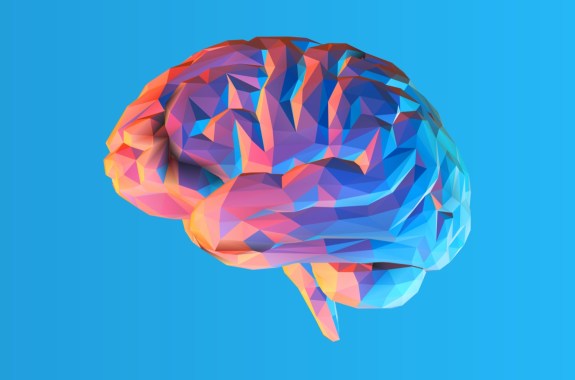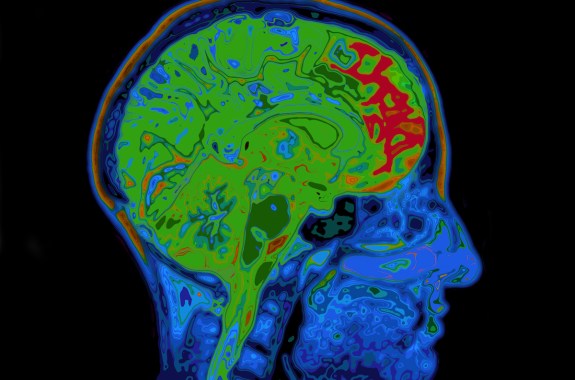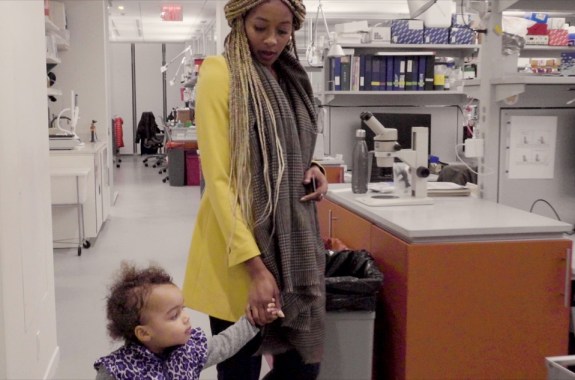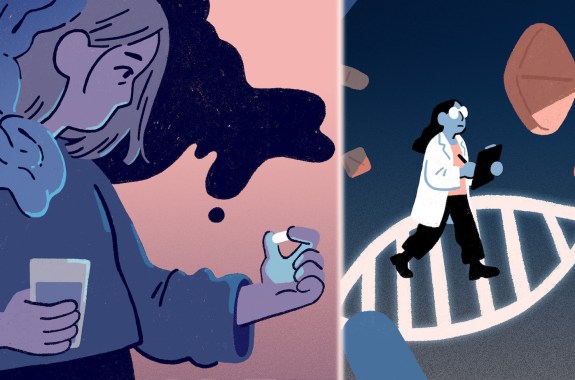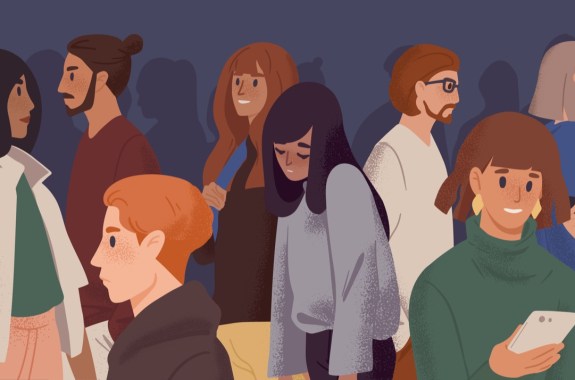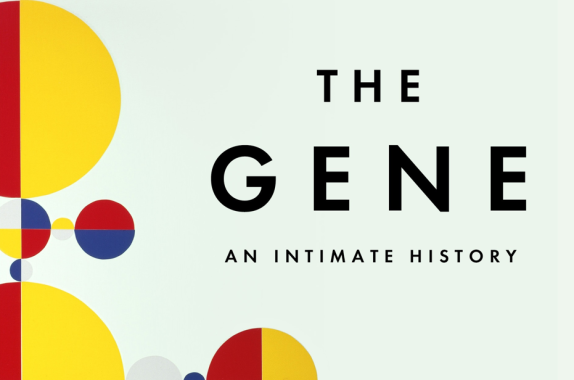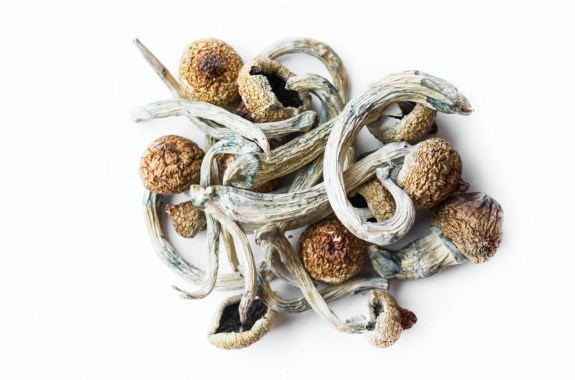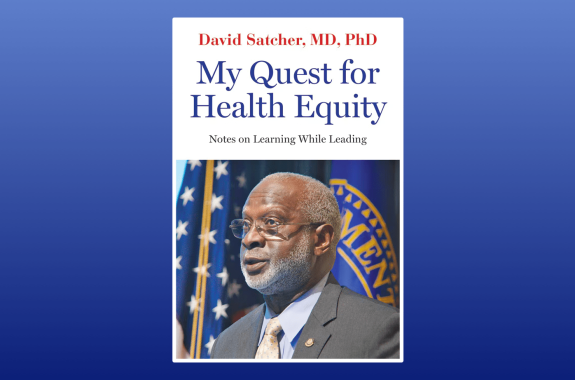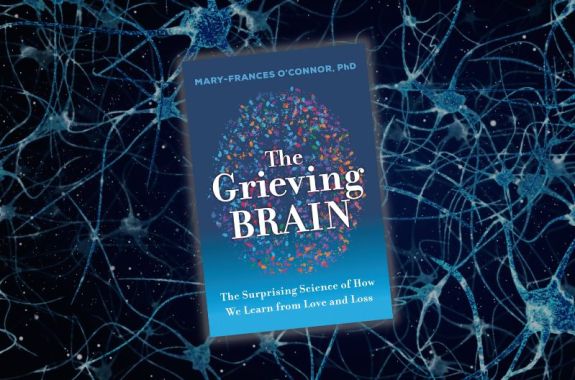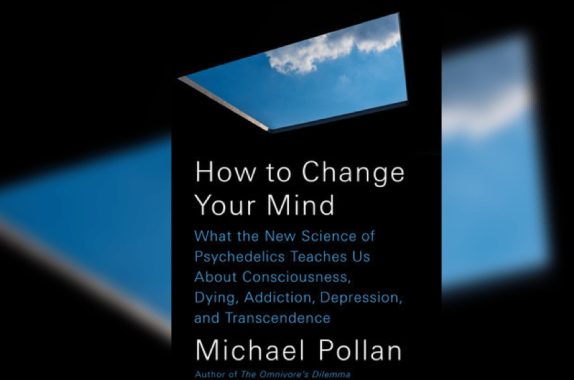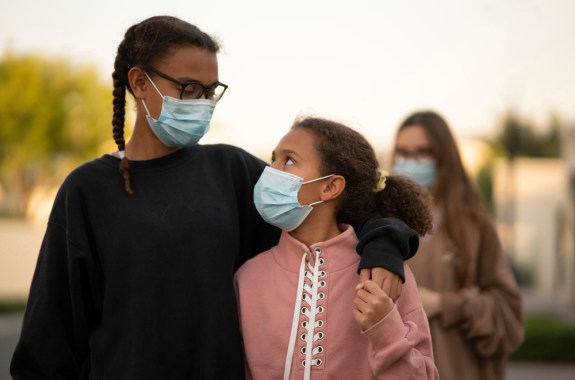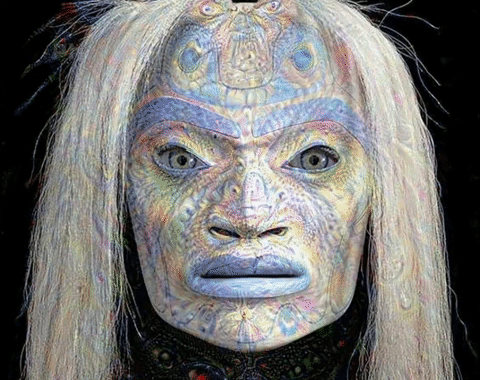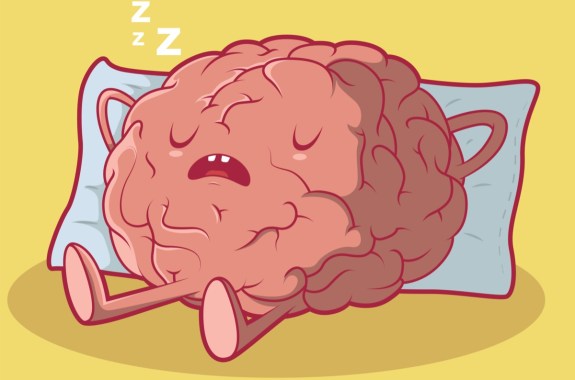Explore our past coverage of mental health.
Is Tylenol Use During Pregnancy Connected To Autism?
We dig into the details of the science of Tylenol and autism with a researcher who led one of the largest studies on the topic.
16:36
Why Is Working Out Good For Your Mental Health?
A workout can be a mental health boost—or a psychological strain. Two exercise researchers discuss what physical activity does to your mind.
How Positive Childhood Experiences Offset Adversity
Adversity in childhood can affect our health later in life. But positive childhood experiences also have a profound impact.
17:30
Untangling The Mind-Body Connection In Chronic Pain
Research suggests that better understanding the psychological and neurological components of chronic pain may lead to better treatments.
17:00
TikTok Is Shaping How We Think About ADHD
Mental health information on social media can be both revelatory and misleading. How do clinicians and their patients make sense of it?
17:02
What Happens To Your Body When You’re Grieving
In a new book, Dr. Mary-Frances O’Connor explores the ways grief affects the body, from the heart to the immune system.
29:12
The Surgeon General Warns About An Epidemic Of Loneliness
Dr. Vivek Murthy on the intersection of youth mental health, social media, and loneliness.
16:56
How Magnetic Brain Stimulation Helps Relieve Depression
One lab’s approach to transcranial magnetic stimulation has sent many patients with hard-to-treat depression into remission.
17:19
Improving Hospitals’ Support For Teens In Mental Health Crises
Emergency departments often handle incidents of self-inflicted injury. Equipping them better could save lives.
25:04
Surgeon General Takes On Parental Stress And Mental Health
In his latest advisory, US Surgeon General Vivek Murthy adds parents’ wellbeing to his agenda of improving the nation’s mental health.
‘Slingshot’ And The Mental Battle Of Long Space Missions
The new movie “Slingshot” depicts an astronaut’s mental health meltdown. How is NASA preparing for the challenges of long-term space travel?
17:20
FDA Panel Rejects MDMA Therapy For PTSD
The panel raised concerns about the study’s methods and failure to address previous instances of research misconduct.
8:37
Assessing The Global Mental Health Toll Of Climate Change
An explosion of research is painting a clearer picture of how climate change is affecting mental health across the globe.
11:43
How Your Brain Constructs Your Mental Health
In ‘The Balanced Brain,’ Dr. Camilla Nord explores the neuroscience behind mental health, and how our brains deal with life’s challenges.
8:58
Why Are Some People Affected By Seasonal Affective Disorder?
Some people are more prone to develop seasonal depression. A researcher discusses the most effective treatments.
16:37
How Understanding Depression Goes Beyond The Scientific Method
Podcast host and author John Moe discusses his own experiences with depression, and what he’s learned interviewing others with the illness.
17:17
Understanding The Reasons For The Mental Health Crisis In Youth
Hospitals can’t keep up with the need for mental health treatment in children. Experts explain how to build better support.
11:41
The Science Behind Why You Should Ask For Help
It’s easy to worry about inconveniencing others, but research shows people are often quite willing to help others.
15:44
Understanding Metabolism Genes Might Improve Depression Treatment
A professor of psychiatry studies the genes responsible for metabolizing medication to predict if patients will respond to depression treatment.
What Is Seasonal Affective Disorder, And How Can I Treat It?
SAD is more than just the post-holiday blues. Here are some treatment options if you suffer from seasonal depression.
11:43
Research Reveals 178 Genes Are Associated With Depression
A new study identifies the genes that make depression inheritable.
24:29
Why Should You Donate Your Brain To Science?
Despite advances in non-invasive imaging, brain donations are still the gold standard in neuroscience research.
28:49
How Grief Rewires The Brain
A neuroscientist explores the science behind heartache.
12:10
Can Trauma Today Affect Future Children?
Researchers are studying whether severe stress can have an epigenetic effect, altering how genes are turned on and off in an organism’s offspring.
Advances In Understanding Depression Offer Potential New Treatments
While more than one in ten Americans take antidepressants, some scientists think popular depression treatments don’t fully address the leading causes of depression.
12:07
ADHD Prescription Rates Spiked During The Pandemic–Why?
Prescription rates for ADHD drugs rose by 30% from 2020-2022, with large increases among women and young people.
34:54
Why Are Teenagers So Sleep Deprived?
A new book explains the combination of factors causing teens to get less sleep than ever before, and how to make sure they get enough sleep.
Animals Can Suffer From Mental Illness, Too
An excerpt from Laurel Braitman’s “Animal Madness.”
17:03
The Mental Health Costs Of ‘Everyday’ Racism
The long history anti-Asian racism in the United States, and how discrimination impacts your health.
Tracing Mental Illness Through a Family History
Author Siddhartha Mukherjee outlines his family’s genetic history with mental illness.
22:45
Being Social Takes ‘Good Chemistry’
A psychiatrist explains the mental health impacts of social distancing.
11:54
Could Psychedelics Help Treat Depression?
Psilocybin, the psychedelic component of magic mushrooms, may be effective for some patients for whom other antidepressants haven’t worked.
What Would American Healthcare Look Like If It Were More Equitable?
Former Surgeon General David Satcher writes about his efforts to eliminate healthcare disparities in the U.S.
How The Brain Rewires Itself After Losing A Loved One
Neuroscientist Mary-Frances O’Connor explores what happens in the brain when you experience grief and why it’s a struggle to accept loss.
Michael Pollan On The “Psychedelic Renaissance”
The story of how psychedelics are being used to treat depression, addiction, and even fear of death.
17:26
The Healing Power Of Nostalgia
The complex emotion that you feel when digging up photos from the past could also be the key to coping with our present—and navigating our future.
33:56
COVID-19 Is Taking A Toll On Young People’s Mental Health Too
Uncertainty is hard for everyone. Here’s how caretakers can support kids and teens during social distancing.
17:03
Why COVID Dreams Are Weirder Than Normal
A dream researcher has been collecting dreams since the pandemic began. Here’s what she’s learned.
12:07
As You Snooze, Your Brain Reviews
People implanted with a brain-computer interface ‘replayed’ newly-learned behaviors while dozing off.
Explore More
Reproductive Health
Reproductive health rights are changing in America. Here’s what you need to know.
Read More





